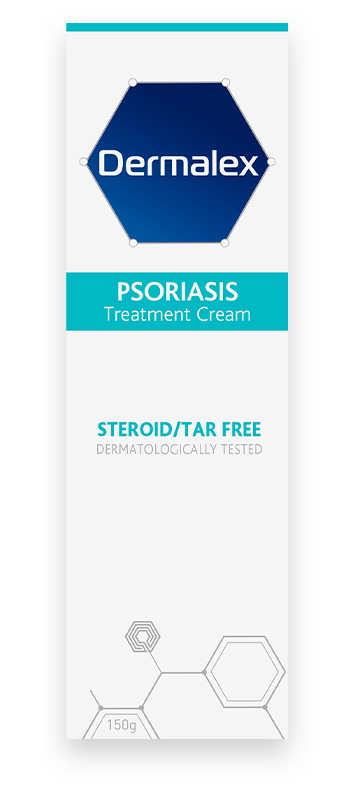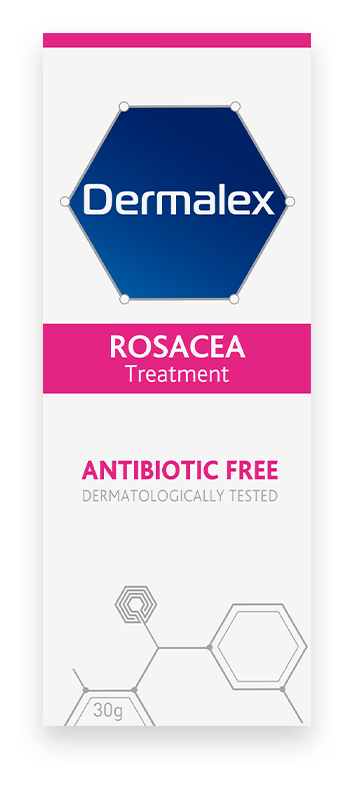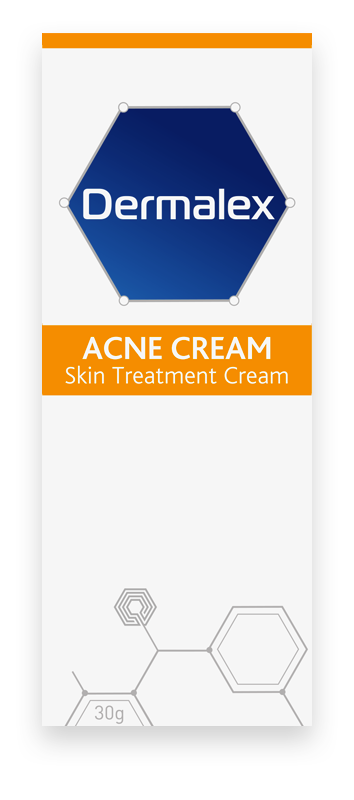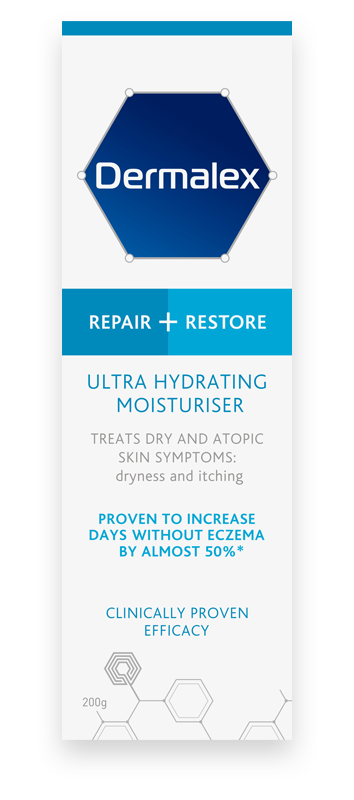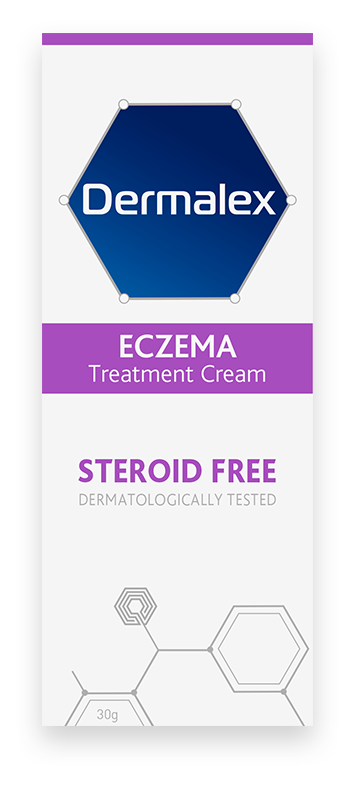The Healthy Skin Diet: The Best Foods for Your Skin
Look after your body from the inside, and it will show on the outside. You are what you eat, as they say! While diet isn’t everything, it can definitely help give you glowing, healthy skin. So, what are the best foods for your skin? What should you eat more of, and what less of? Here’s a diet to not only help give you healthy skin, but look after your overall health too.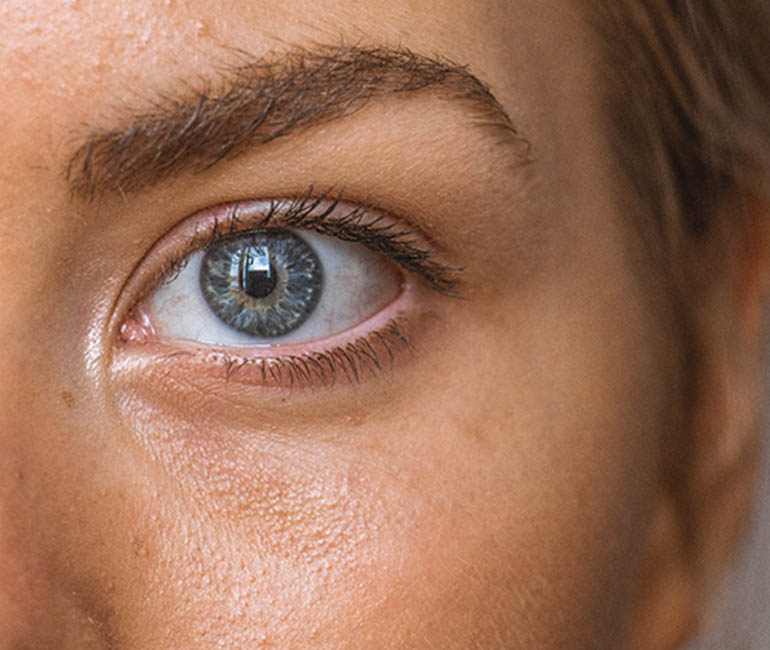
Best foods for healthy skin
Looking to eat your way to great-looking skin? Fill up on:
- Nuts and seeds
- Avocados
- Broccoli
- Dark chocolate
- Green tea
- Red grapes
- Tomatoes
- Sweet potatoes
- Red & yellow peppers
- Soy
- Fatty fish[1]
- Leafy green vegetables
- Berries[2]
How can diet help healthy skin?
While a good skincare routine, such as moisturising and wearing suncream everyday, is vital for healthy skin, check what’s on your plate too. A healthy diet is essential for many reasons, such as reducing risk of certain illnesses and obesity. But, it’s often overlooked when it comes to skin.
From fighting free radicals to smoothing fine lines, many foods can help give us glowing skin.[3] It’s not about marketing gimmicks or ‘superfoods’, what matters is consistency, and how you eat most of the time. Generally-speaking, people need to eat more fruits and vegetables, eat more whole foods than processed ones, and not overdo it on sugar or salt.
What are the best foods for your skin?
Let’s delve deeper into what are the best foods to eat, and what makes them so good.
#1 – Nuts and seeds
Nuts and seeds are a great snack for anyone trying to eat more healthily. For one, they’re good sources of protein, healthy fats, fibres, vitamins, and minerals. Because of this, they can help regulate food intake and burn energy. What’s more, they contain unsaturated fats and other nutrients that protect against heart disease.[4]
Walnuts in particular are good for skin as they’re richer than most other nuts in both omega-3 and omega-6 fatty acids. This means they can help fight the potential inflammatory response to excessive omega-6. They’re also packed with other nutrients that your skin needs to function properly.
Sunflower seeds are another great example, high in vitamins, zinc, and protein.
#2 – Avocados
Avocados are high in healthy fats that can help keep skin flexible and moisturised. These fats are associated with springy, supple skin.
Plus, they’re high in vitamin E, which can protect your skin from oxidative damage, which can cause your skin to become dry and wrinkled.
#3 – Broccoli
The humble broccoli is jam-packed with vitamins and minerals important for skin health, including zinc, vitamin A, and vitamin C. It also contains lutein, which helps protect your skin from oxidative damage. It may even have some anti-cancer effects, including some types of skin cancer.
#4 – Dark chocolate
Here’s some good news: cocoa has many benefits for your skin! This is a great excuse to eat more chocolate. High-antioxidant cocoa can lead to thicker, more hydrated skin. Skin can also be less rough and scaly, while being less sensitive to sunburn. It can also provide better blood flow, which brings more nutrients to your skin.
#5 – Green tea
Green tea is packed with antioxidants and catechins, which can improve the health of your skin in many ways. This includes protecting it from sun damage and improving the moisture, roughness, thickness, and elasticity of the skin.
#6 – Red grapes
Fan of grapes? Good news, they contain resveratrol, which has many health benefits, including reducing the effects of aging. It can also slow the production of harmful free radicals too, which damage skin cells.
#7 – Tomatoes
Tomatoes contain vitamins and minerals that can protect your skin against wrinkling and sun damage, including vitamin C and all of the major carotenoids, which help maintain healthy skin.
#8 – Sweet potatoes
Beta carotene is a nutrient that functions as provitamin A, which means it can be converted into vitamin A in your body. Other sources include:
- Oranges
- Carrots
- Spinach
#9 – Red & yellow peppers
Again, red and yellow peppers are an excellent source of beta carotene. They’re also one of the best sources of vitamin C, which creates the protein collagen, which keeps skin firm and strong.
#10 – Soy
One study found that soy reduced fine wrinkles and improved skin elasticity. It can be particularly beneficial for postmenopausal women, as it can improve skin dryness and increase collagen. This is largely thanks to the fact it contains isoflavones, a category of plant compounds that can either mimic or block estrogen in your body.
#11 – Fatty fish
Fatty fish such as:
- salmon
- mackerel
- herring
are rich sources of omega-3 fatty acids, which can help maintain skin health. This includes keeping it moisturised and supple, while preventing dry skin. What’s more, omega-3s in fish can reduce inflammation (which can lead to redness and acne), and even make your skin less sensitive to the sun’s harmful UV rays. They may even be helpful in reducing the symptoms of skin conditions like psoriasis.
#12 – Leafy green vegetables
Leafy greens (such as spinach, kale, broccoli, and Brussel sprouts) are full of vitamins and antioxidants that provide a number of benefits for your skin.
The vitamin A they contain works against dry, flaky skin, and the vitamin E fights against inflammation. Meanwhile, the vitamin C can reduce sun damage, while boosting collagen and elastin.[5]
#13 – Berries
Berries are powerhouses of antioxidants. Just one of these is the antioxidant ellagic acid, which may help decrease wrinkling and other signs of skin aging related to sun exposure. They can also protect your cells from free radical damage.[6]
In fact, berries are some of the healthiest foods on the planet; low in calories, while high in fibre and nutrients.
Other diet tips for healthy skin
What are some other, general eating habits and tips that can improve your skin? These include eating:
- Plenty of zinc
- Some healthy fats
- Enough omega-3 and omega-6 fats (these can be especially good for inflammatory skin conditions like eczema and psoriasis)
- More phyto-estrogens, found in plant foods
- Low-GI carbs
- Porridge
- Beans
- Pulses
- Less high-GI carbohydrates like biscuits and sugary drinks
- They lead to production of insulin, which may damage collagen and accelerate wrinkles
- More vitamin E and vitamin C
- The antioxidant selenium[7]
Make sure you also stay hydrated: drinking six to eight glasses of fluid a day, ideally water. Make sure you’re getting at least 5 portions of fruit and vegetables a day too.
Look after your health
Eating a healthy diet isn’t just good for your skin, but your overall physical and mental health. Make eating well a priority, and you should reap the benefits. It can take time to build good habits, but stick with it, and stay consistent.
References
- The 12 Best Foods for Healthy Skin – Healthline
- What are the best foods for healthy skin? – Mayo Clinic
- Foods for Healthy, Supple Skin – WebMD
- Nuts and seeds – Better Health
- 20 Foods Scientifically Proven to Clear Up Your Skin – Byrdie
- 11 Reasons Why Berries Are Among the Healthiest Foods on Earth – Healthline
- Eat your way to fabulous skin – BBC Good Food


